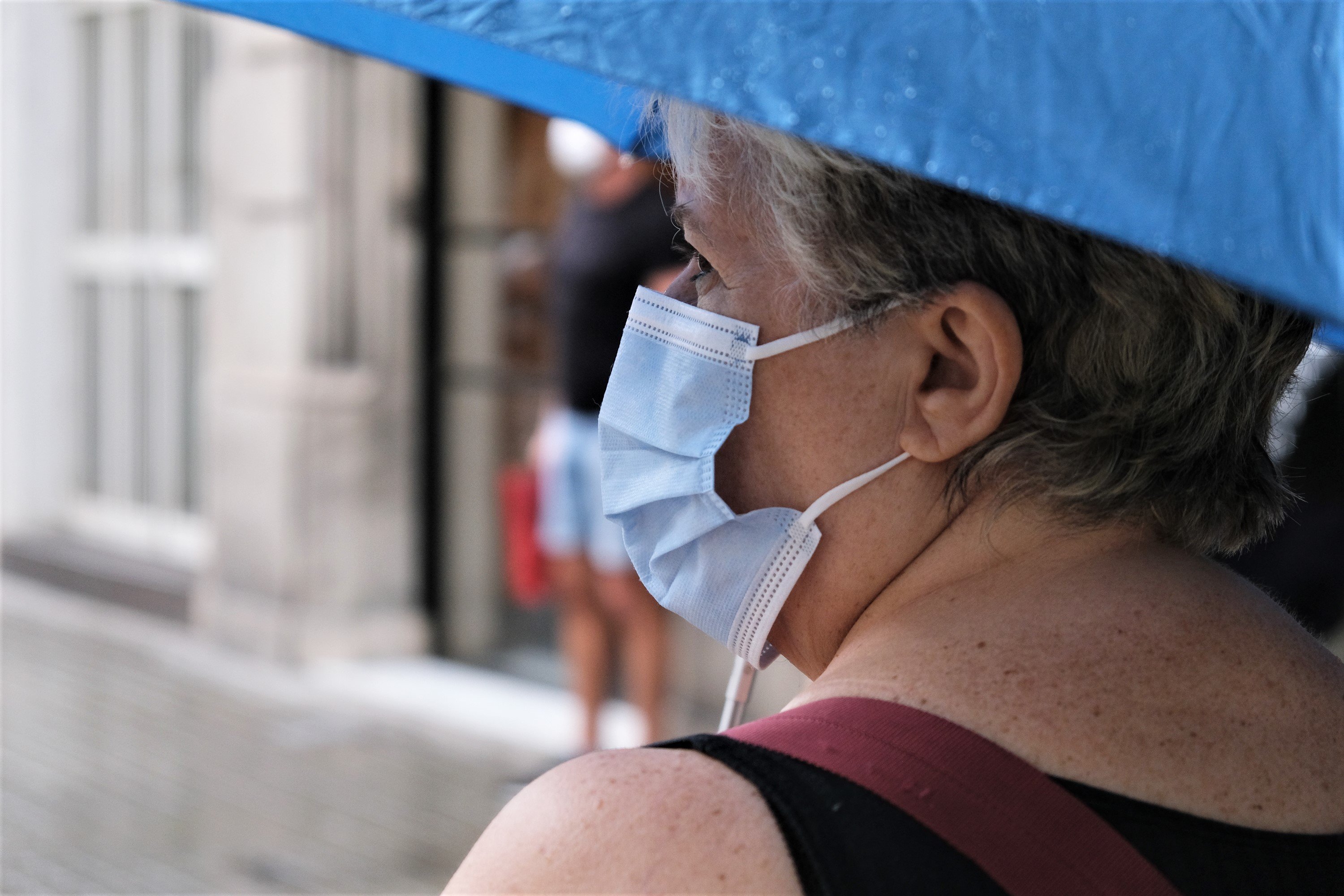From this Saturday, 26th June, wearing a face mask outdoors is no longer compulsory in Catalonia - or anywhere in the Spanish state. This being one of the public health measures to have been regulated at Spain-wide level, it was Spanish health minister, Carolina Darias, who this week announced the relaxation of the regulations on masks, just as the state passes the figure of 50% having had at least one vaccination jab. Darias considers the mask as "a symbol associated with the pandemic" and celebrated the easing of measures controlling it because it means we are approaching "normality". “Our smiles will return to the streets,” she said.
However, the end of this preventive measure is accompanied by some small print, as there some situations in outdoor spaces when masked will have to donned once again. For this reason, you should always carry a mask with you, as not wearing it in situations that are still considered dangerous - even outdoors - could lead to a fine.
In crowded situations: mask on
Outdoor spaces are considered safe for movement without a mask until we run into crowds or take part in outdoor events with large numbers of people present. The line between acceptable mask-free spacing and a crowd is difficult to define in some cases, but Darias defined it in terms of activities: "If we are going for a walk, it is not necessary. But if we have to take public transport, yes."
To be specific, the minimum distance to be maintained from other pedestrians outdoors is 1.5 metres. In cases when this cannot be respected, masks will have to be worn. The same applies to outdoor concerts where the audience is standing, but not if they are seated.
The inside story
Inside, masks will continue to be mandatory in enclosed public or private spaces which are open for public use, such as libraries and retail businesses, and no date is yet set for these rules to change. Masks must still be worn on public transport and in airplanes too, but there is a partial exception in the case of ferries and ships, where masks are not required to be worn in a sleeping cabin or on deck, if safety distances can be maintained.
There is one exception to the indoors-on rule: in care homes where more than 80% of residents are completely vaccinated, residents may take their masks off. But workers at the centres and visitors will still have to wear them.
Main image: Woman wearing a mask in the streets of Barcelona / Carlos Baglietto

